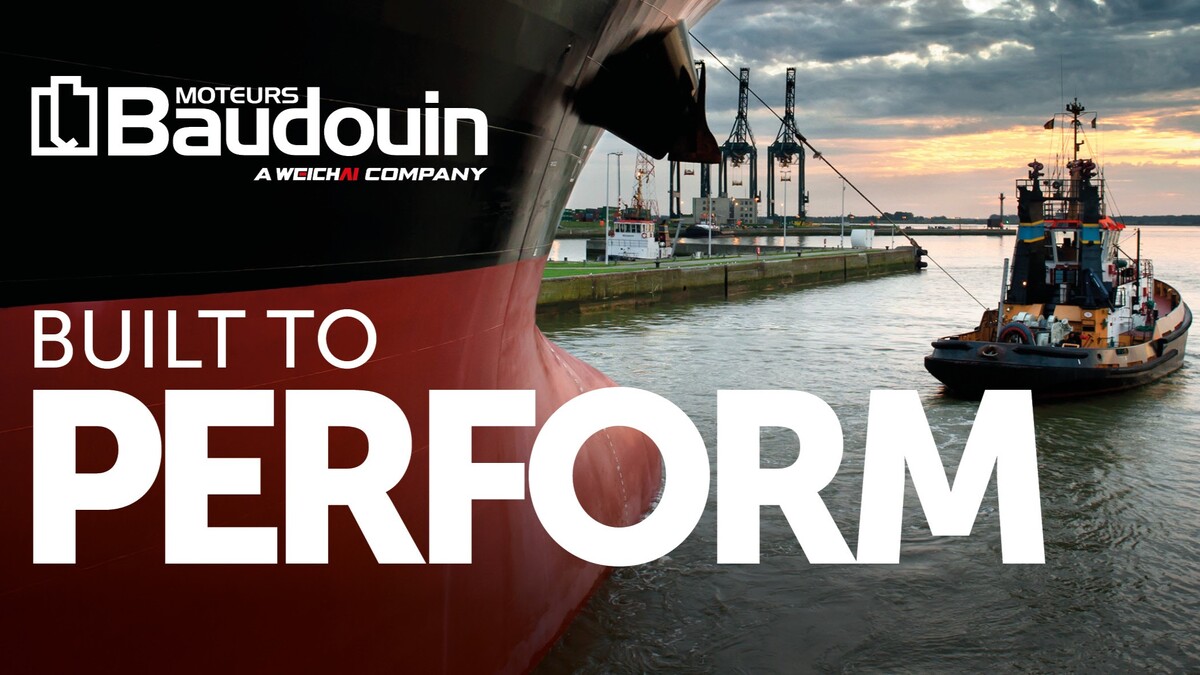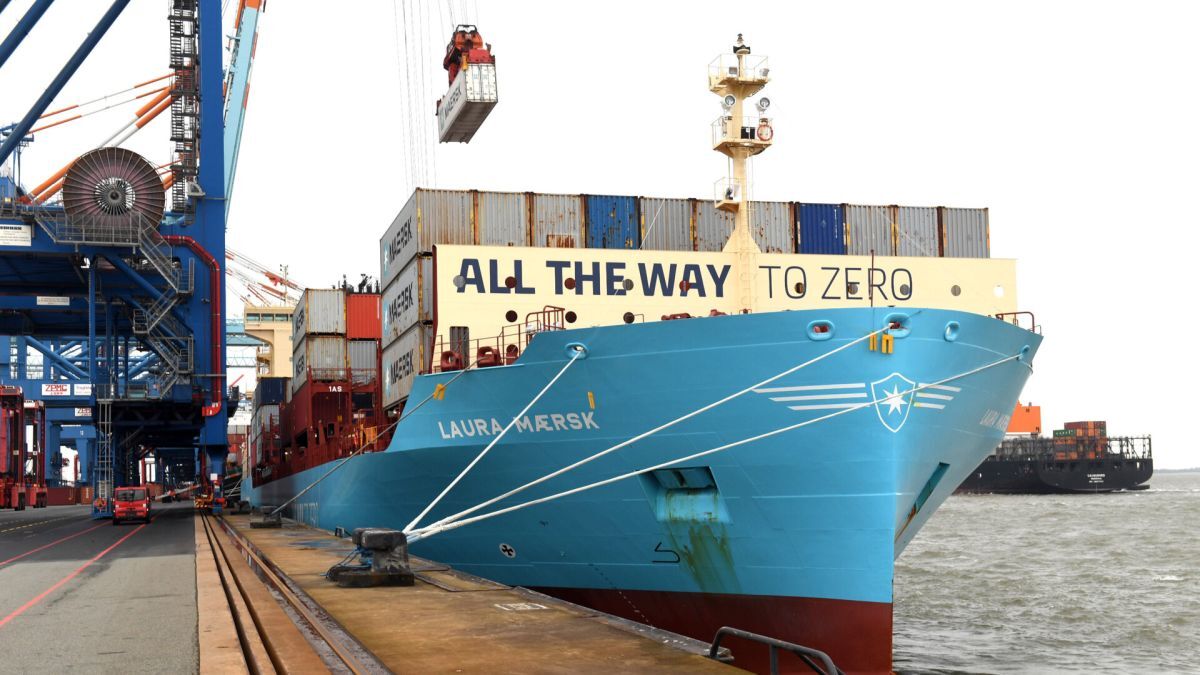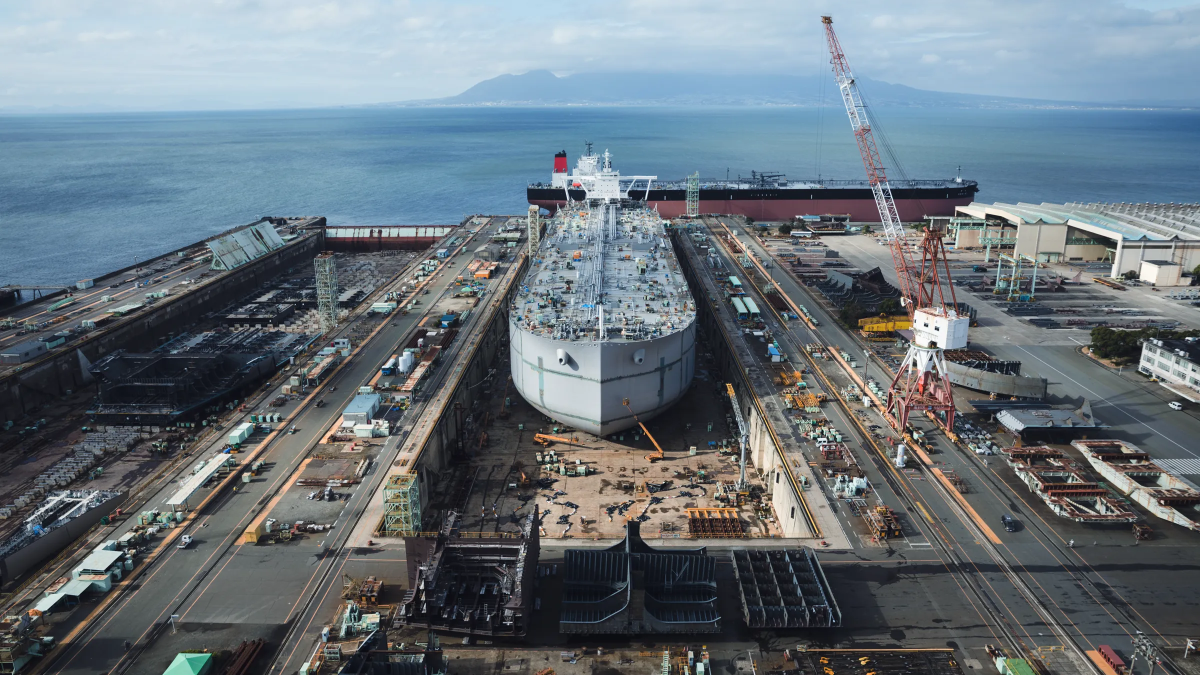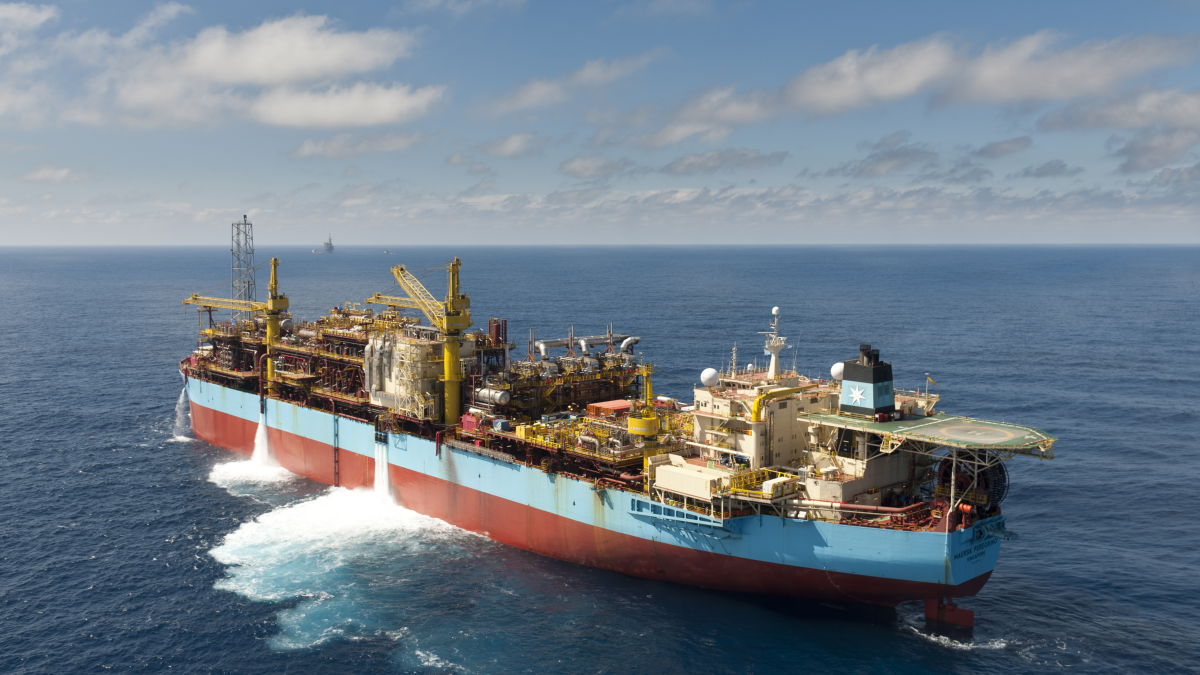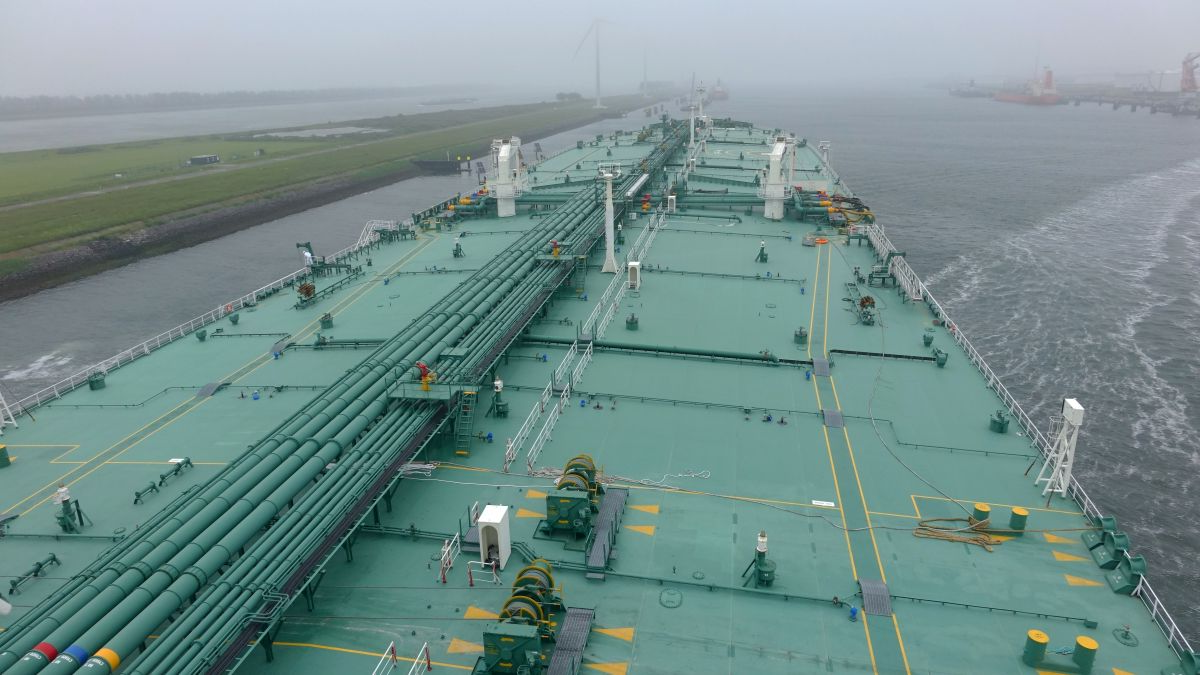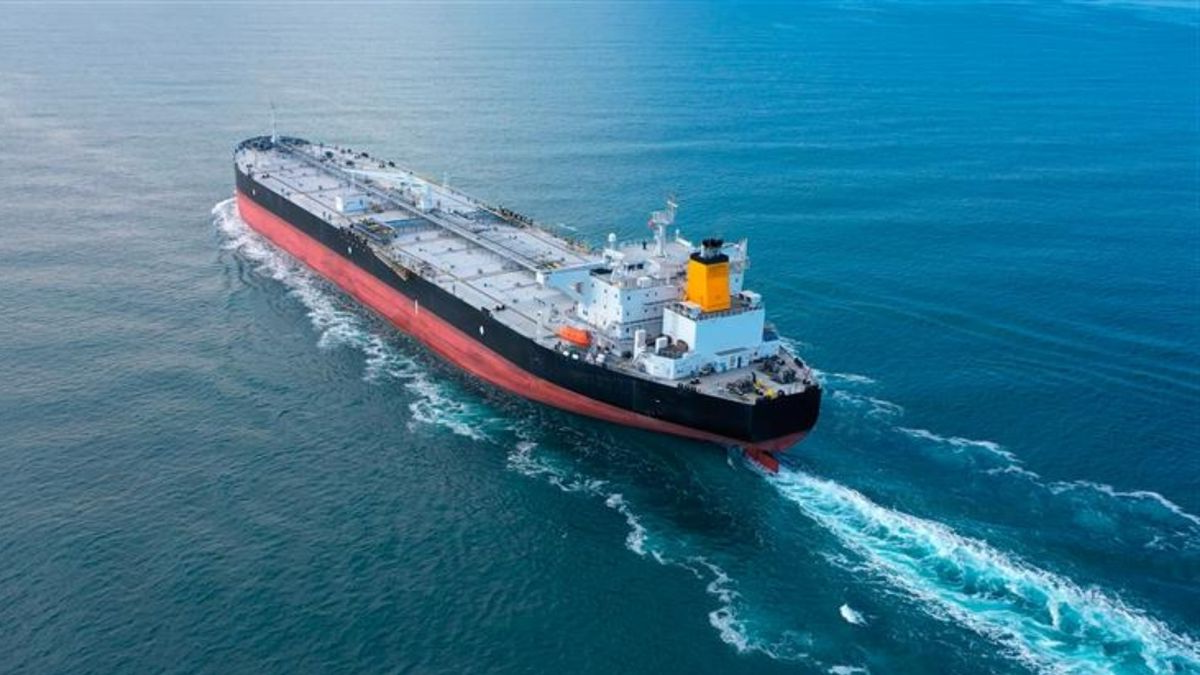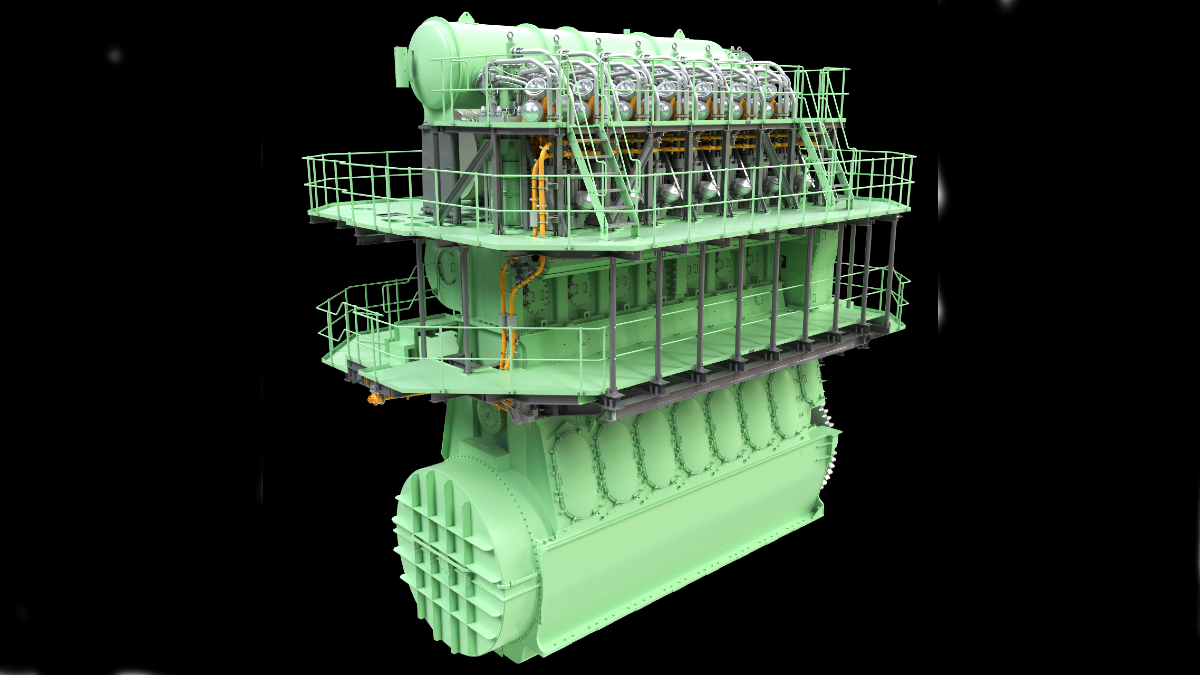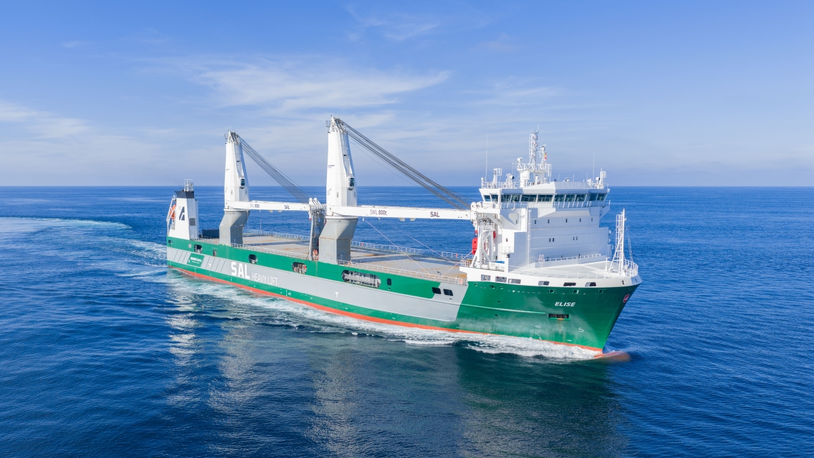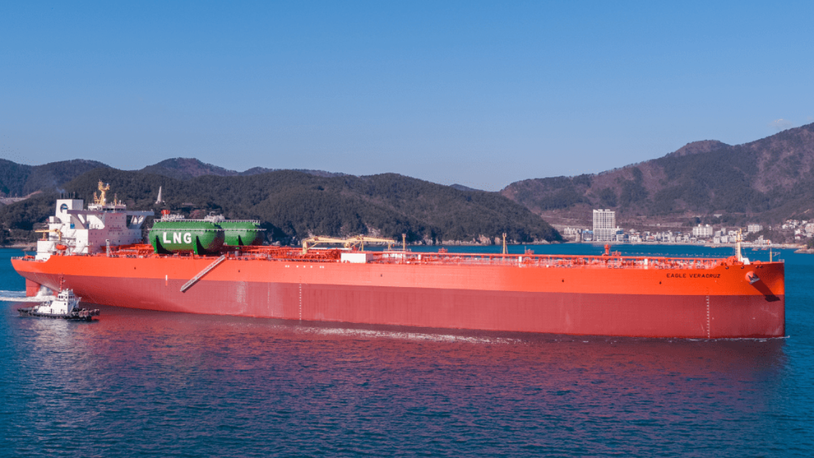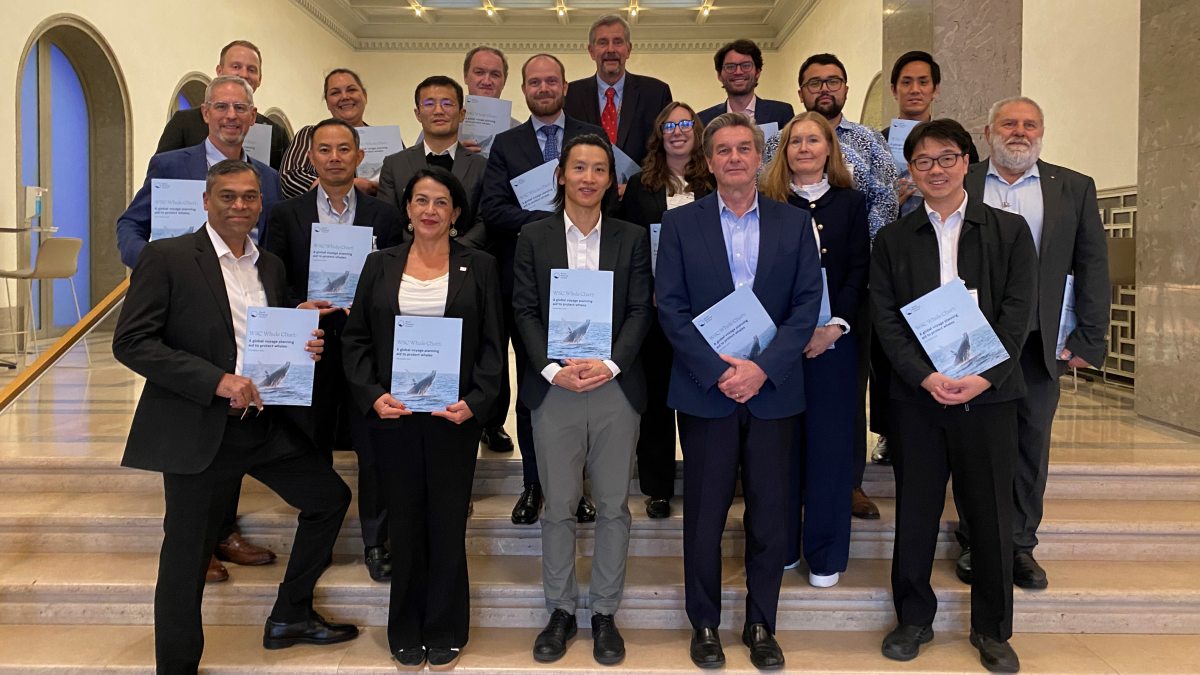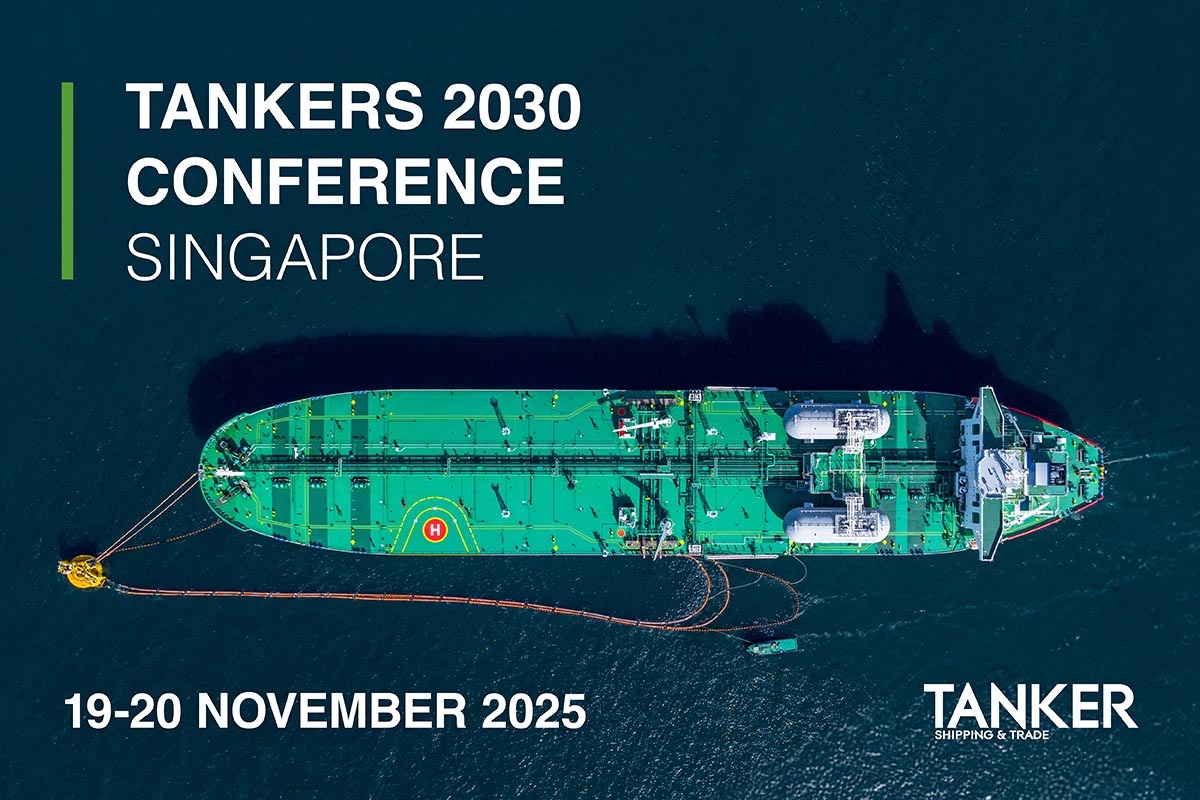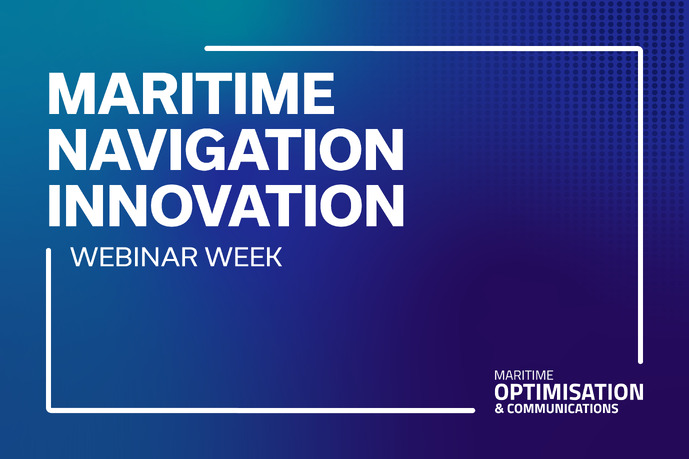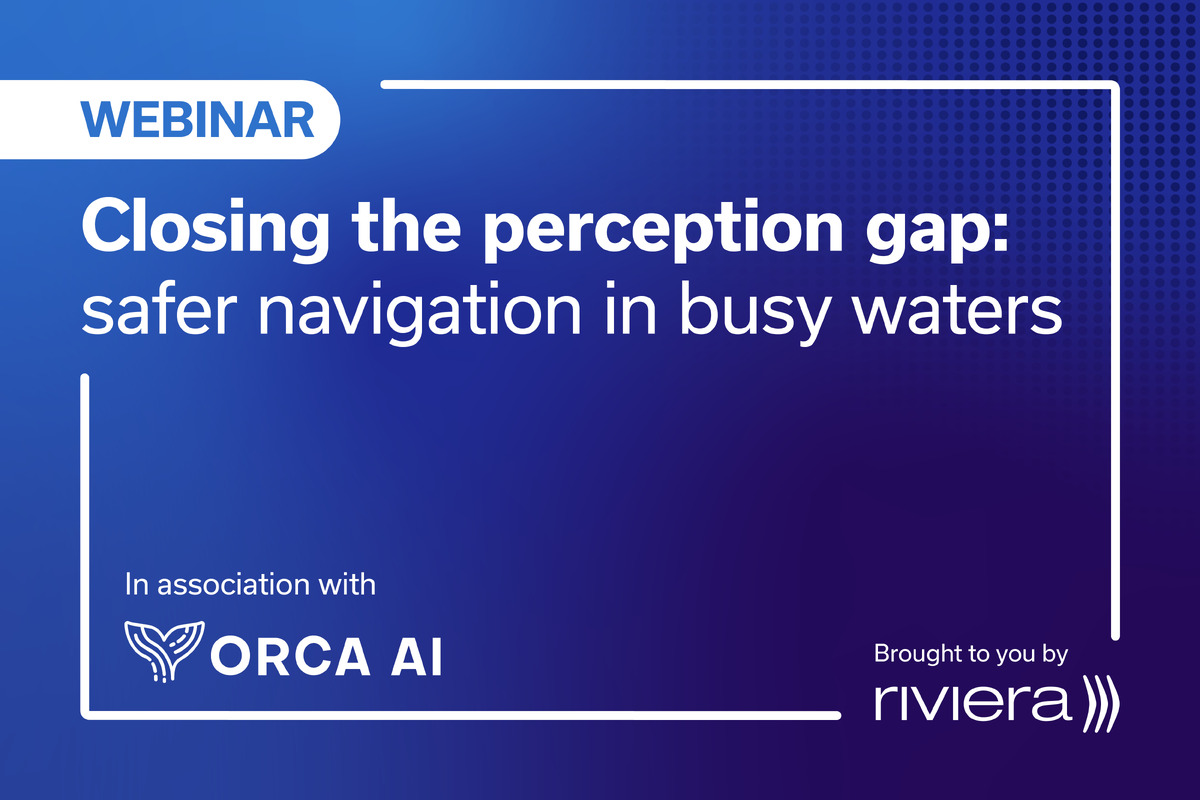Business Sectors
Contents
Methanol and ammonia ready to scale rapidly with 'concerted push'
Fuels are mature, but fuel supply chain must advance for rapid scale-up in shipping sector from 2030, says Global Maritime Forum (GMF) report
The ’key’ to a rapid roll-out of zero-carbon fuel options for maritime assets in the next decade is the development of fuel supply chains for methanol and ammonia, according to an annual report tracking the uptake of zero-carbon fuels in shipping by the Global Maritime Forum’s Getting to Zero Coalition of more than 200 organisations.
Methanol is already an option for use on several vessels, built with so-called dual-fuel engines, and retrofit and conversion options have been developed for ’relative ease’ in giving existing vessels the option to use the fuel.
As it approaches the proof of concept phase, tests on ammonia suggest the fuel can cut tank-to-wake emissions by 95%.
The downloadable report, From pilots to practice: Methanol and ammonia as shipping fuels, interviewed approximately 40 organisations active in the shipping sector and honed its focus from the preceding five years to "establish remaining priorities for action and assist the industry in its long-term decarbonisation planning".
Ultimately, the report asked so-called ’early movers’, or adopters of emerging technologies, to define concrete actions that would speed the development of the methanol and fuel supply chains. The result was a specific list of actions for governments and industry revolving around policy incentives and funding to close cost disparity between lower-carbon and traditional fossil fuels.
Action points the report highlights are to:
- Establish robust, harmonised fuel certification systems to unlock investment and prevent greenwashing.
- Use book-and-claim systems to link global demand with zero-emissions fuel supply on viable routes.
- Aggregate fuel demand to create an investment case for bunkering infrastructure.
- Offer capex grants to reduce the threshold for investment in bunkering infrastructure, especially bunker vessels.
- Promote collaboration through green corridors, feasibility studies and joint bunkering trials at key ports.
- Address gaps in the availability of engines and spare parts.
- Ensure strong IMO emissions guidelines to ensure sustainability of biomass and control fugitive emissions.
- Conduct independent studies to verify the emissions performance of early ammonia-powered vessels.
- Facilitate cross-industry knowledge sharing through collaborative safety workshops at shipyards and through marine insurers.
With more than 60 methanol-capable vessels in operation, 300 on order and methanol fuel bunkering availability at approximately 20 ports worldwide, the report said early adopters are finding the fuel "relatively safe and straightforward to integrate" and downplayed difficulties.
"Its lower energy density presents operational trade-offs but has not proven a barrier, and new retrofit kits and the relative ease of converting tanks are making retrofitting conventional vessels feasible. The key challenge to broader scale-up is the availability of green methanol, which makes up only a small share of total supply and remains challenging for shipping companies to access," GMF said.
In the case of ammonia’s development track as a maritime fuel, the first ammonia-powered vessels have been successfully piloted, engine testing is near completion, and bunkering trials are underway, "none of which have revealed any fundamental barriers to adoption".
"Operators report confidence in safely operating ammonia-powered vessels and will likely phase the fuel in over time to build operational experience," the report said.
Riviera’s Maritime Decarbonisation Conference, Europe will be held in Amsterdam Schipol Airport, 30 September to 1 October 2025. Click here to register your interest in this industry-leading event.
Related to this Story
Events
International Bulk Shipping Conference 2025
Tankers 2030 Conference
Maritime Navigation Innovation Webinar Week
© 2024 Riviera Maritime Media Ltd.

